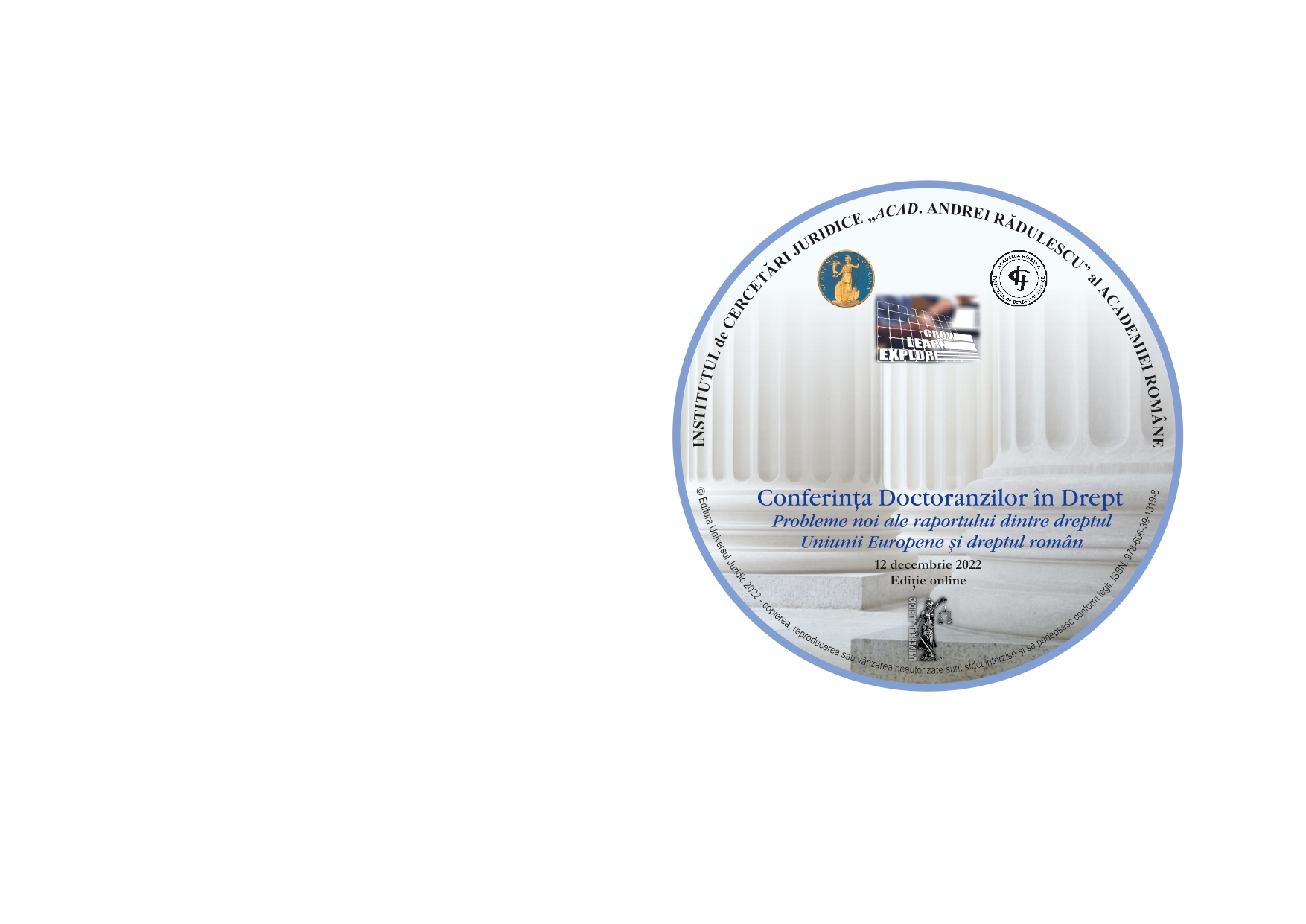Invocarea în fața instanței de apel a cazurilor de nulitate intervenite în cursul procedurii de cameră preliminară și neinvocate până la încheierea camerei preliminare
The Investigation Before The Appeal Court of The Cases of Nullity Intervented During The Preliminary Chamber Proceedings And Not Invited Until The End of The Preliminary Chamber
Author(s): Ioana Cîrstea
Subject(s): Criminal Law
Published by: Universul Juridic
Keywords: Absolute Nullity; Preliminary Chamber; Applications and Exceptions; Court of Appeal; Procedural Remedy;
Summary/Abstract: The issue addressed in this article has become topical with the entry into force of the new criminal procedure code and the increasingly frequent legislative amendments. In practice, it is more and more often observed that absolute or relative nullities are invoked, even before the appeals court, that intervened during the preliminary chamber procedure, but were not invoked until the start of the trial phase before the first instance. Or, in this situation, the question arises to what extent, after the start of the trial, there is the possibility of returning the case to the preliminary chamber as a result of finding a case of absolute nullity. Ab initio, it is necessarily to specify the non-existence in the current legislation of the possibility of declaring extraordinary appeals against the conclusion of the preliminary chamber, regardless of the defects of legality that could be identified. However, in the absence of an appeal, the need to identify an effective procedural remedy is required in the event of a case of absolute nullity which, normally, should be reflected in the conclusion of the preliminary chamber. By Decision of the Constitutional Court no. 802/2017, it was ruled that the legislative solution contained in art. 345 paragraph (1) of the Code of Criminal Procedure, which does not allow the judge of the preliminary chamber, in the resolution of requests and exceptions made or exceptions raised ex officio, to administer other means of evidence other than "any new documents presented" is unconstitutional. Also, by the Decision of the Constitutional Court no. 88/2019 it was ruled that the provisions of art. 281 para. (4) lit. a) from the Code of Criminal Procedure referred to art. 281 para. (1) lit. f) from the same normative act are unconstitutional.
Book: Probleme noi ale raportului dintre dreptul Uniunii Europene și dreptul roman
- Page Range: 218-231
- Page Count: 14
- Publication Year: 2022
- Language: Romanian
- Content File-PDF

